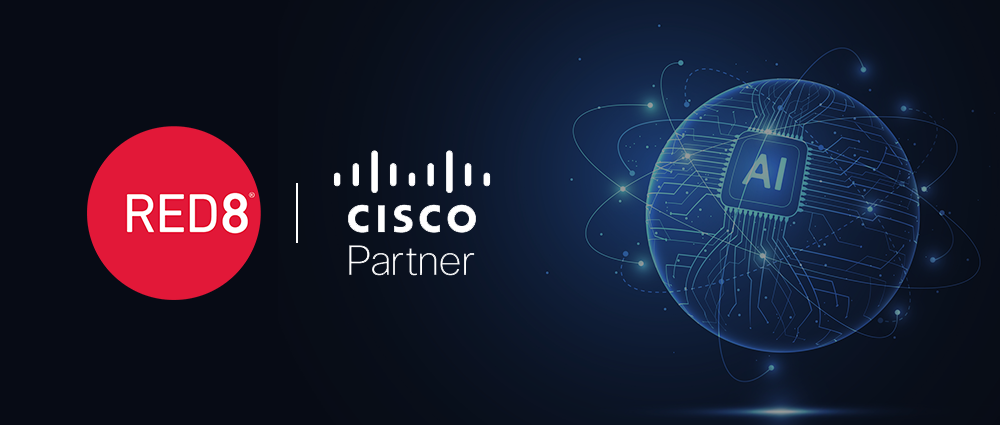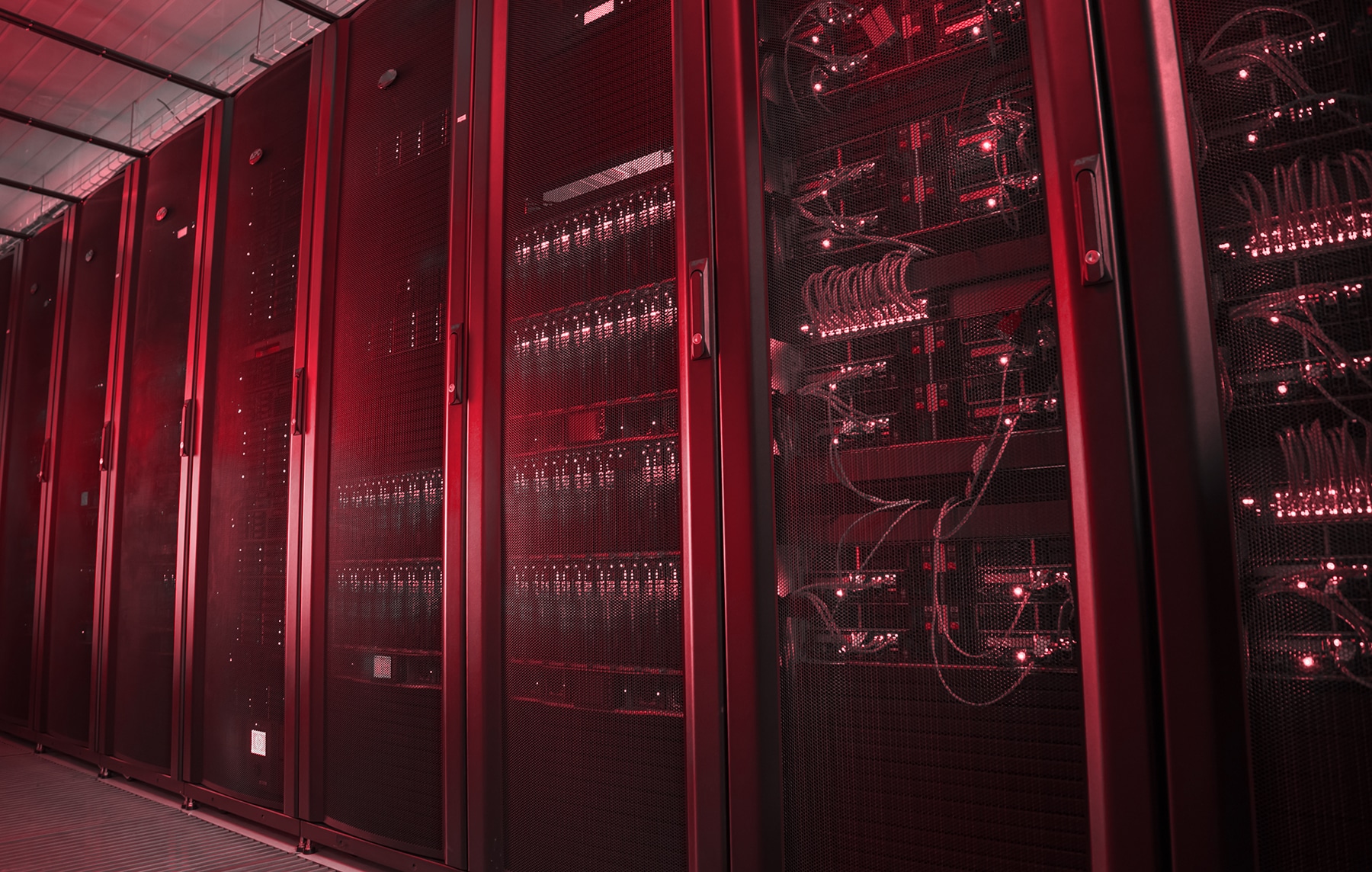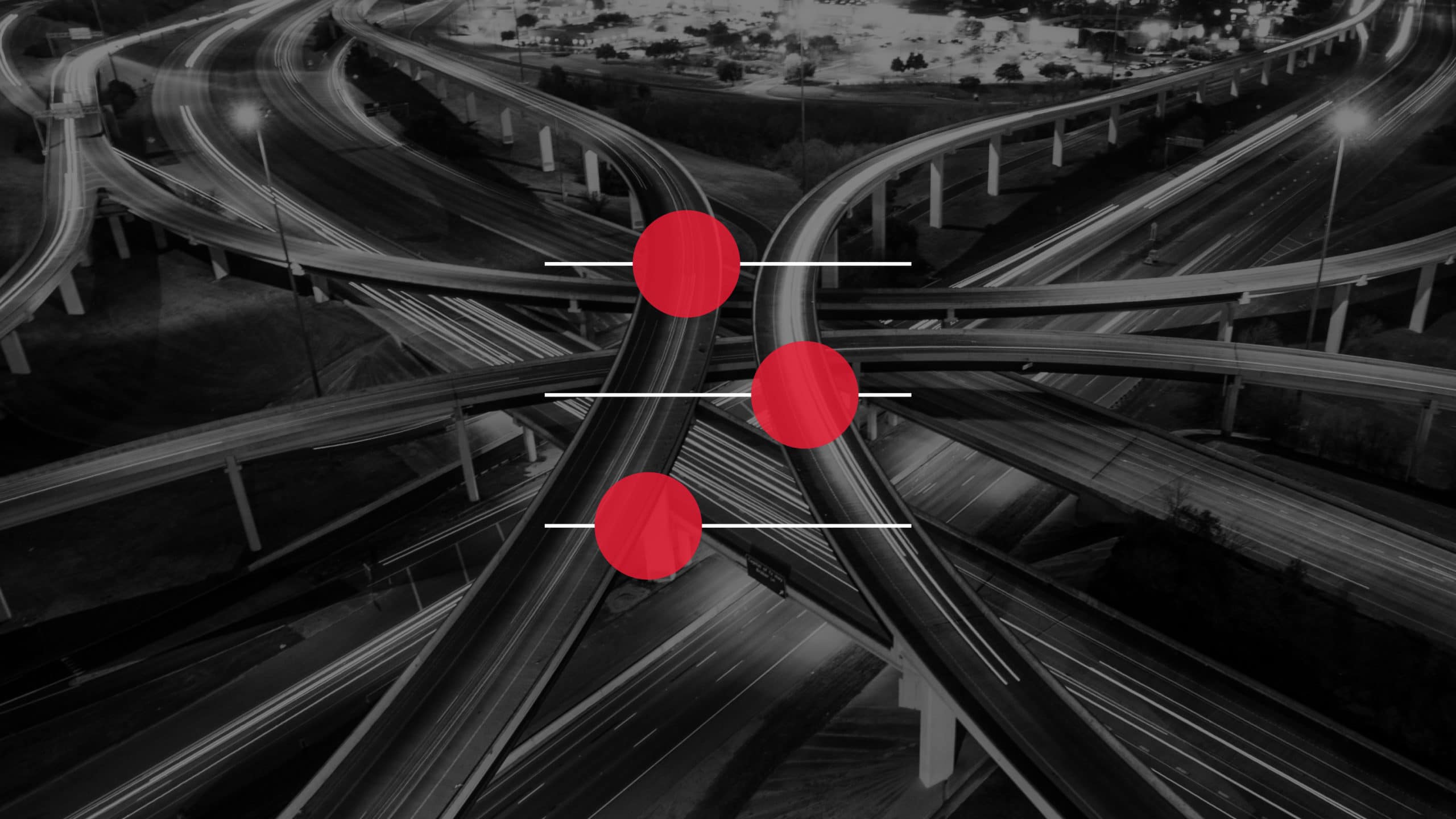As an emerging technology with tremendous potential, AI has captured the imaginations of business leaders and IT teams. Many technology conferences, held in the past couple of years, have chosen AI as their theme.
Recent advancements in Generative AI, combined with the greater availability of AI tools, have led to an acceleration of AI adoption. According to Boston Consulting Group (BCG), 75% of executives rank AI as a top strategic priority. BCG found that leading companies are using AI to:
- Boost productivity
- Enhance operational efficiency
- Develop new products and services
While every company wants to ride the wave of innovation to stay competitive, not every business is ready to embrace AI technology. Adopting AI can be complex and introduces additional security risk, overwhelming some companies.
Successful AI adoption requires the right infrastructure and skill set, as well as appropriate data security, management, and governance. Before starting the AI journey, your company needs to assess readiness and find ways to make artificial intelligence initiatives a reality.
Comprehensive AI Security
Adopting AI creates complex risks, especially for companies that have multi-cloud environments which limit visibility. Employees may be going rogue, using Shadow AI applications from third parties.
Even company-sanctioned AI applications generate risks, including threats to data security and privacy. Policymakers have responded by putting AI compliance regulations in place.
Using AI-powered automation to accelerate production and optimize operations shouldn’t mean sacrificing security.
To use AI safely, companies must define policies for:
- Managing employee access to GenAI tools
- Protecting against internal and external threats
- Preventing the loss of sensitive information
These policies should include role-specific controls to prevent unauthorized access for information related to AI workloads.
When developing AI initiatives, organizations need visibility into AI assets across distributed environments. To protect AI applications, companies should assess the models they use to identify vulnerabilities and then implement security measures to protect them in real time. To defend against AI risk, businesses should implement tools for detecting misconfigurations and cyberthreats that put AI applications at risk.
Supporting Infrastructure
Before adopting AI, a company’s infrastructure must be capable of supporting it. According to Cisco research, in 2024, 68% of respondents felt their infrastructure was moderately ready for AI at best.
Having an AI-ready infrastructure requires fusing security into the network fabric. Guardrails to protect AI applications used for production should be embedded in the network for runtime protection.
Companies that rush into AI adoption without assessing the readiness of their infrastructure may find that they lack
AI-Ready Data Ecosystem
Despite the importance data has with successfully running AI workloads, Cisco research found that data readiness decreased year over year from 2023 to 2024, with less than a third of companies reporting a high level of AI readiness from a data perspective. Increasing volumes of data and the persistence of data silos create barriers to laying a strong data foundation for AI.
To get the most out of AI, organizations need to secure and protect data. Data for AI must be managed and organized using traceable databases. Data governance is key for maintaining the integrity of the data needed to run AI workloads.
Starting the AI Journey on the Right Foot
The Cisco AI Readiness Index measures AI readiness across 6 pillars:
- Strategy: Companies need a strategy to implement AI successfully.
- Infrastructure: The infrastructure must be capable of supporting AI demands.
- Data: Organizations need to manage data intelligently to fuel AI workloads.
- Governance: Businesses should have policies in place to comply with AI regulations.
- Talent: Companies may lack the specialized skills needed to establish an AI practice.
- Culture: To adopt AI across the business, companies need support from stakeholders.
Participating in an AI readiness assessment will help your company determine what gaps you need to fill before adopting AI. For companies that have already started using AI, a readiness assessment will determine where you are in your AI journey.
As a value-added reseller (VAR) of Cisco solutions, Red8 can conduct an AI readiness assessment of your company and find the right solutions to support your AI initiatives, including Cisco AI Access, an integrated part of Cisco Secure Access Security Service Edge (SSE).
Through our consultative approach, Red8 will work closely with your company to implement and support your AI solutions, security, and supporting infrastructure.
Find out if your business is ready to take advantage of AI. Reach out today to discuss AI readiness with Cisco experts at Red8.



